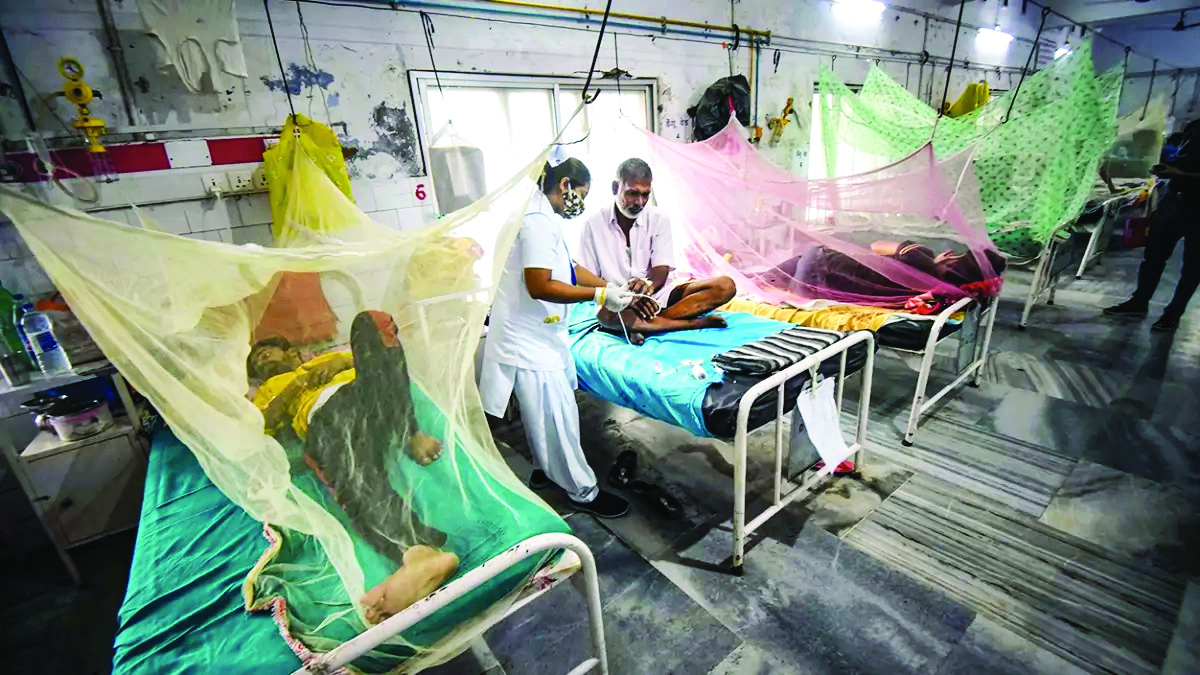Dengue cases surge in Jalpaiguri

Jalpaiguri: The number of dengue cases in Jalpaiguri district has suddenly increased, though much less than last year. Multiple teams are actively working in the field to prevent dengue, conducting awareness campaigns and taking measures to identify dengue-prone areas.
Despite these efforts, the rise in the number of dengue cases has raised concerns among district health officials.
District health officials have been working to pinpoint the cause of the sudden increase. The district Health department has issued orders to set up fever camps in the affected areas. Additionally, arrangements are being made to send a team of insect experts to assess the situation.
Jalpaiguri district has consistently topped the list of dengue cases in recent years. Last year, a total of 3,908 cases were reported in the district, resulting in three fatalities. In comparison, this year’s situation appears to be more under control. According to the Jalpaiguri district Health department’s report, the total number of infected individuals in the district as of Wednesday was 225.
Among these cases, the highest number, 38, is in the Maynaguri block, followed by 29 cases in the area of the district under the Siliguri Municipal Corporation and 25 in the Rajganj block. Additionally, 14 cases have been reported in Jalpaiguri Sadar block, 10 in the Jalpaiguri municipality area, 7 in the Dhupguri Municipality, and 6 each in Mainaguri and Malbazar Municipality areas.
The department also reported cases in other blocks, with most patients having recovered. Currently, nine patients are receiving treatment at Malbazar Super Specialty Hospital and three at Jalpaiguri Medical College Hospital, while many others are receiving treatment at home. To uncover the reasons behind the rising number of dengue cases in affected areas, the vector surveillance team and vector control team under the Panchayat and Rural Development department are conducting vector analysis, according to Jalpaiguri district CMOH-I, Dr Tridev Das.
“Although the number of dengue cases is lower than last year, there is no room for complacency. The increase has been observed primarily during the months of July, August, and September, with relative control before that period. This increase has coincided with the time of Panchayat elections, but we are actively investigating the causes. Additionally, we are conducting
house-to-house inquiries, surveillance and raising public awareness,” stated Das.



